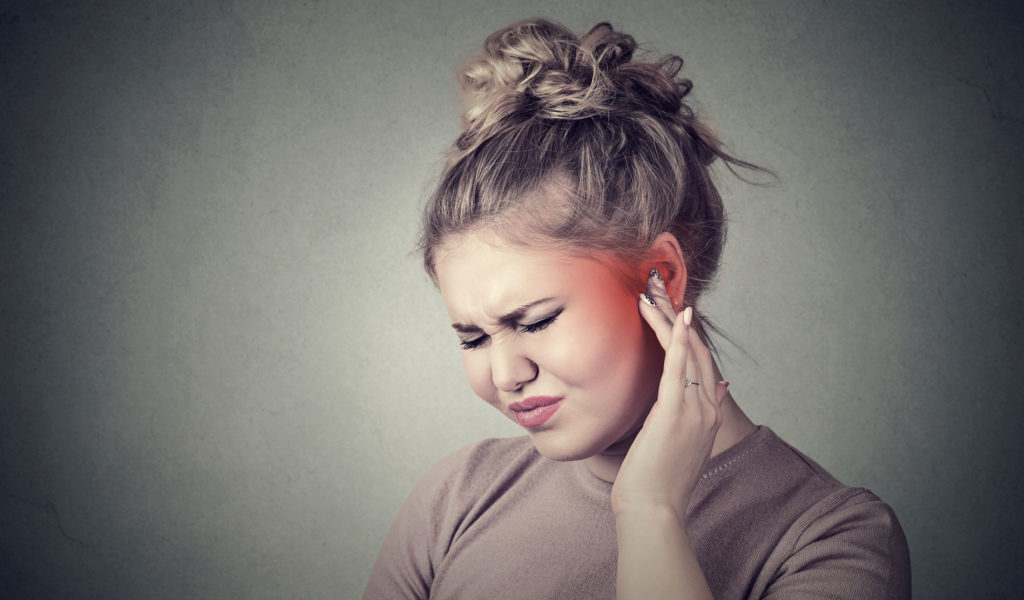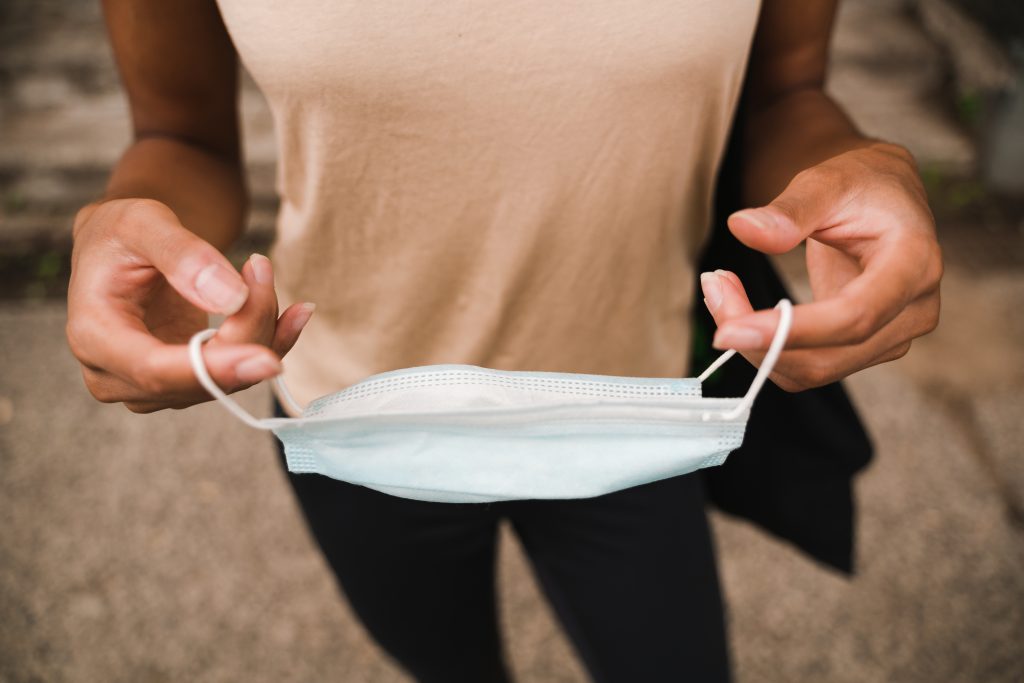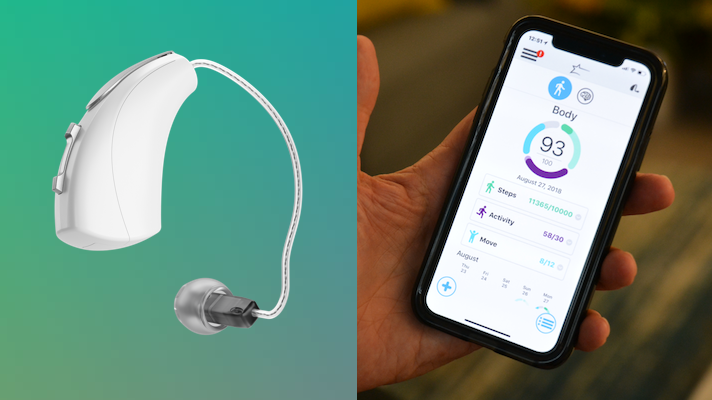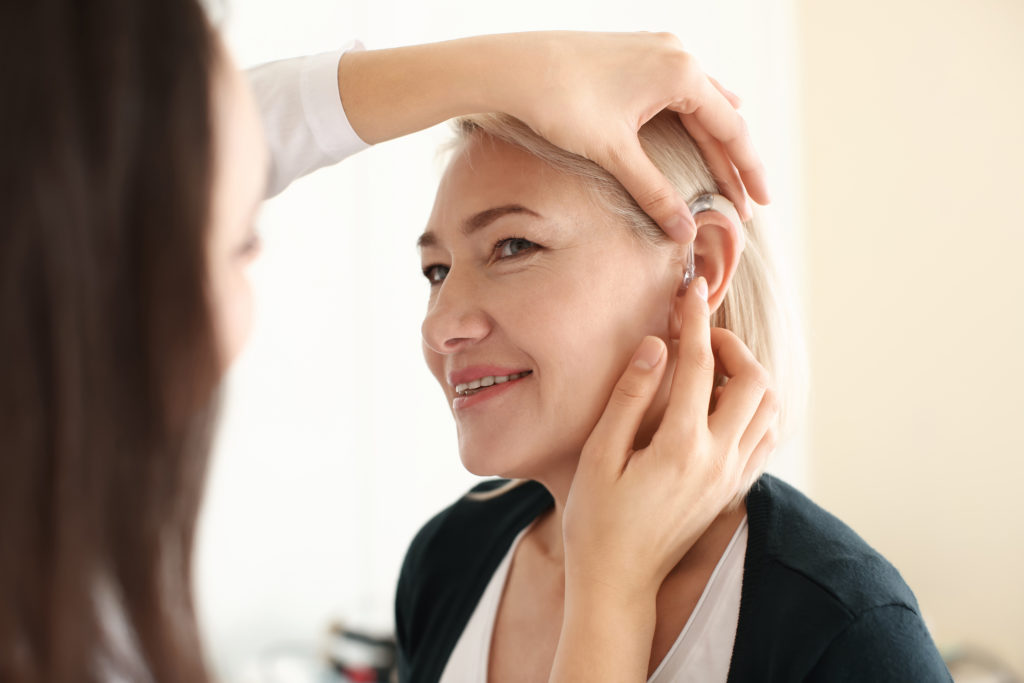[vc_row][vc_column][vc_column_text]Although there is no “cure” for tinnitus, there are many things to do to help manage tinnitus. Below is a list of some strategies that may provide temporary or permanent relief for tinnitus. Because each person with tinnitus is individual, there is no one size fits all solution. It is recommended that each patient consult with their Doctor of Audiology of Physician to determine which of the following suggestions would provide the most benefit.
Some tips for managing tinnitus include the following:[/vc_column_text][/vc_column][/vc_row][vc_row][vc_column][vc_column_text]
- Sound or music therapy for masking. It is normal for tinnitus to be perceived as louder when you enter a quiet space. Sound therapy can help reduce your awareness of tinnitus at night or in other quiet environments. Sound and music therapy sound a lot more complicated than they are. What this simply means is playing music or other environmental sounds in the background will often distract you from and even mask the noises of the tinnitus. Sound therapies can include music or simply peaceful noises such as crickets or the sound of ocean waves crashing. Many patients find relief with water noises such as the ocean, a stream, or rain. There are free specialty tinnitus apps such as the Starkey Relief, Oticon Tinnitus Relax, or Resound Tinnitus Relief app available.
- Sleep Habits. Proper sleep health is key to tinnitus management. Many patients have difficulty sleeping at night due to the volume of their tinnitus or stress associated with it. This creates a vicious cycle as the lack of sleep creates stress in the body, which in turn can increase the volume of the tinnitus during the day. Using sound therapy, such as a sound machine, or the Sleep Pillow, helps reduce tinnitus perception at night. Underlying medical conditions such as insomnia or sleep apnea causing lack of sleep should be investigated and treated, as they will have a positive impact on awareness of tinnitus.
- Deep breathing exercises and relaxation techniques. There are many relaxation techniques available to try when tinnitus is bothersome. These exercises are intended for relaxation, as well as distracting the brain from the tinnitus symptoms. Suggested techniques include progressive muscle relaxation, guided imagery, and deep breathing.
- Emotional Health. There is a high correlation between catastrophic tinnitus (which is defined as serious and distressing tinnitus) and stress, depression, and/or anxiety. Learning how to positively manage stressors or other emotional health conditions in day-to-day living may, in turn, lessen the tinnitus symptoms. For patients with high levels of stress, depression and/or anxiety, counseling or medical management of these conditions may be appropriate.
- Hearing aids with tinnitus therapies. There are many hearing aids that include embedded tinnitus therapies to help tinnitus sufferers who are treating their hearing loss with hearing aids. This is the most effective way to treat tinnitus and should be used to habituate tinnitus when hearing loss is present. This should only be done by an Audiologist with special training in tinnitus management.
- Hearing Protection. One of the leading causes of tinnitus is hearing loss due to excessive noise exposure. Patients can take proactive steps to keep their ears safe in the future. Using hearing protection in loud situations will help preserve hearing, which in turn will help reduce chances of the tinnitus becoming worse in the future from noise damage.
- Diet and Exercise. Good health habits will positively impact tinnitus. Recommended dietary suggestions include everything in moderation. Vast changes to diet are not necessary unless something is being over consumed. That being said, limiting stimulants if they are being overused will have a positive effect on tinnitus. Exercise results in additional serotonin production which has been shown to have positive effects on tinnitus. Additionally, other activities that you enjoy will produce this chemical as well, so be sure to take time out of your day to devote to helping you.
- Alternative Therapies. Depending on the cause of your tinnitus, some people find considerable relief in alternative therapies such as massage, chiropractic, hypnosis, acupuncture, and others. Please use caution and education when exploring alternative therapies and their possible side effects with your current medical conditions. Consult with your physician if you have concerns before starting an alternative therapy.
[/vc_column_text][/vc_column][/vc_row][vc_row][vc_column][vc_column_text]Finally, be wary of any treatments, pills, or other solutions that “cure” tinnitus. There are many supplements over the counter claiming to cure tinnitus which are extremely overpriced, show little to no clinical effectiveness, and ultimately can be harmful.[/vc_column_text][/vc_column][/vc_row]






